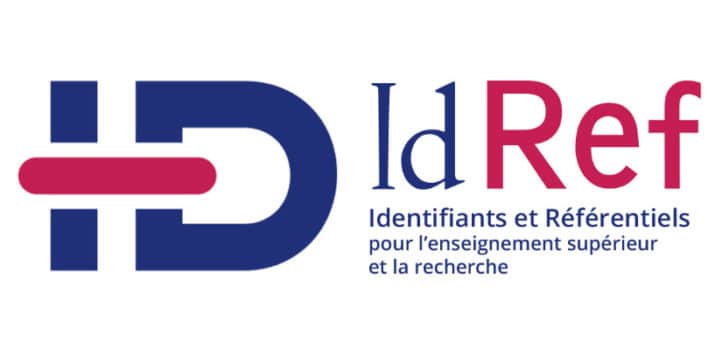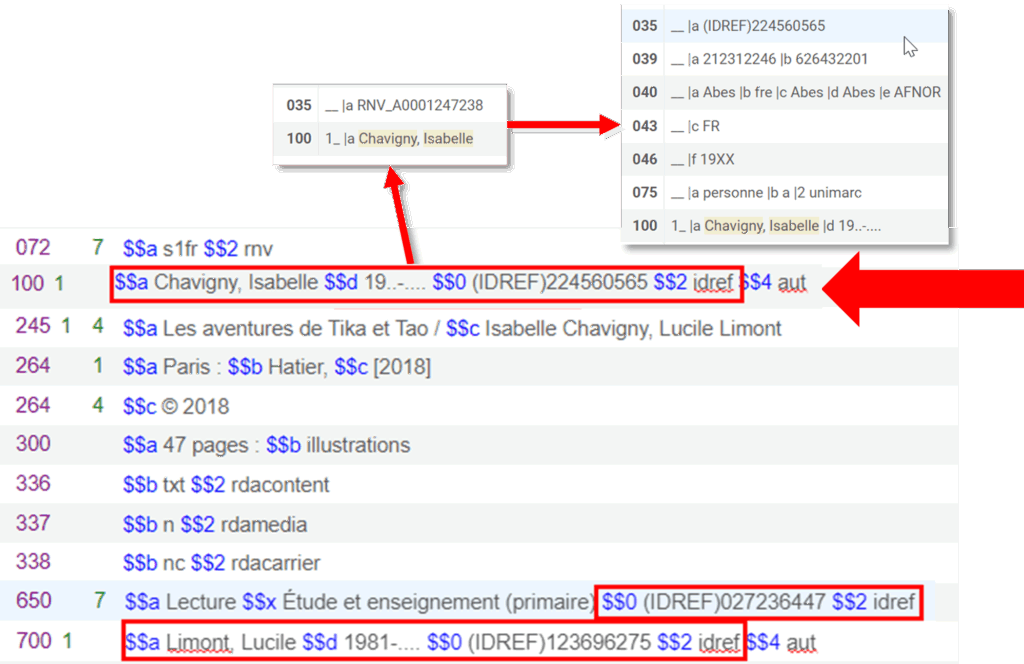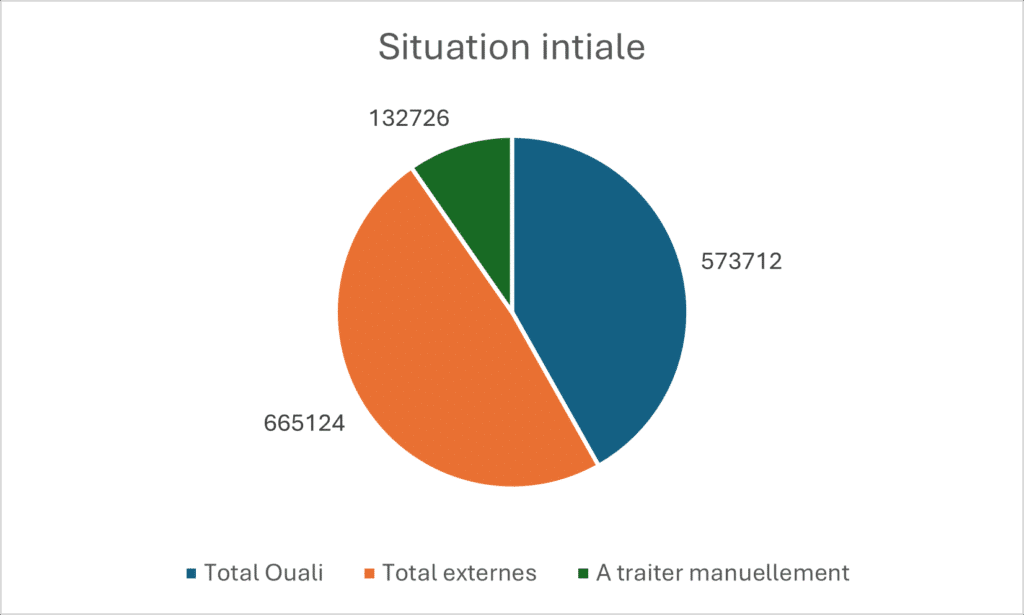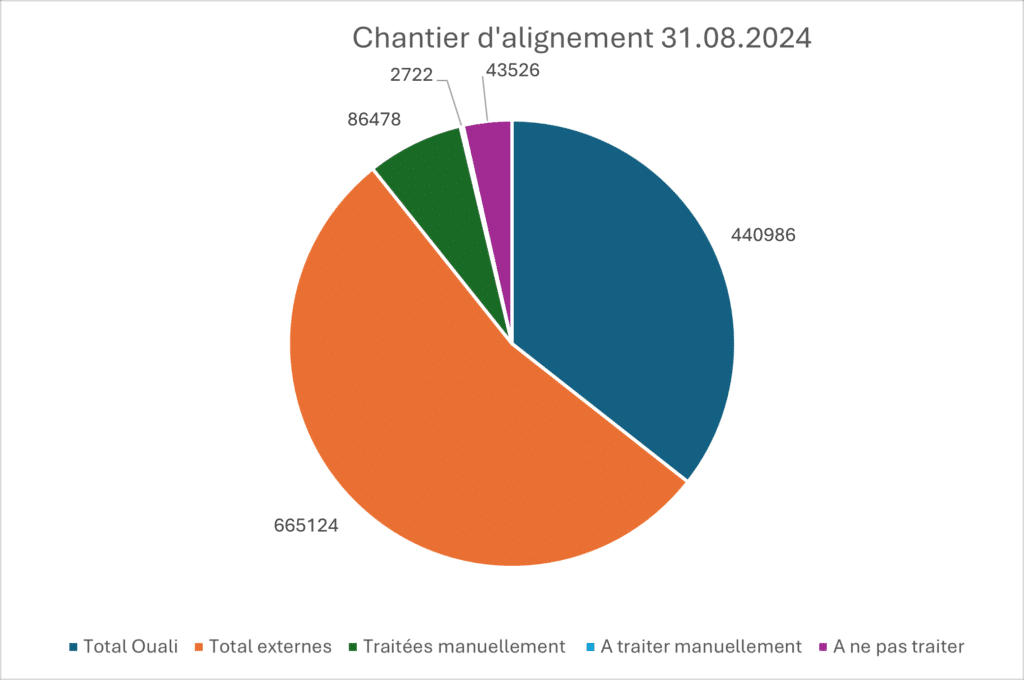Bringing local authorities into line with IdRef: a pharaonic undertaking!


In December 2020, the Renouvaud network took the strategic decision to adopt IdRef, the French authority repository managed byABES, to reinforce the quality and interoperability of subject cataloging and indexing. This choice required an agreement with ABES, the configuration of the SIGB (Alma), the development of specialized tools, the elaboration of new cataloging and indexing rules, and the training of network professionals.
The biggest challenge, however, was to back-catalog all Renouvaud local authority links by replacing them with IdRef links – a major operation dubbed “idrefization”.
Aligning local authorities with those of IdRef meant that eventually all controlled access points in the catalog would be linked to a federated identifier, facilitating sharing, catalog matching and opening up to external resources.

To make this project a reality, Renouvaud has equipped itself with Ouali (for OUtil d’ALIgnement), an application developed by the Datuman company, offering both an automatic alignment algorithm and an ergonomic interface dedicated to the manual validation of complex matches. The people carrying out the alignments, known as “oualinautes”, are network professionals trained specifically for this task.
But this project has not been carried out in silo. As it progressed, Coordination Renouvaud was able to integrate alignments from other networks: ABES, with its own tool, and RERO+, engaged in its own process. These two partners provided almost half of the alignments required. In return, Renouvaud undertook to share its own manual alignments with RERO+, thus consolidating a mutual and lasting exchange.
At the same time, the Ouali algorithm has made it possible to generate a large number of alignments automatically, reducing the number of records to be processed manually.

The project was carried out in four phases, with the pace of alignment varying as the project progressed, depending on the phase and team reinforcements.

At the end of these three years of sustained work, 107 professionals from 26 institutions have contributed to this collective undertaking. Together, they processed 86,478 local authorities, 2,722 of which have yet to be finalized. In addition, 43,526 authorities were deemed irrelevant to the repository. These were essentially records associated with a single bibliographic reference, considered insufficiently significant for alignment.

The operation aligned 58% of authorities with IdRef, while 41% had no existing match.
To date, 23,730 authorities have already been back-catalogued, generating the transformation of 206,761 access points in the Renouvaud catalog.
Some 250,000 authorities remain to be aligned, requiring a phase of verification of the matches generated automatically by Ouali.
For authorities that have no equivalent in IdRef, Renouvaud has embarked on a process of enrichment with a view to submitting them to ABES for mass creation. This marks an active contribution to the development of the IdRef repository.
A first test batch was sent to ABES at the end of 2023, resulting in the creation of 2,670 new authorities, enabling around 50,000 Renouvaud authorities to benefit from IdRef links in the near future.
While this result is encouraging, the process still needs to be refined, particularly in terms of selection criteria. Indeed, analysis of the authorities processed has highlighted the reality that some records are too sparse in information to justify the creation of an IdRef authority.
Renouvaud now needs to define more rigorous criteria for identifying authorities offering real added value, with the aim of optimizing future submissions to ABES and guaranteeing the efficiency of this enriched service.
The integration of IdRef into Renouvaud opens up exciting prospects. Today, the Metagrid service uses IdRef identifiers to provide links to external resources such as the Historical Dictionary of Switzerland. Other applications are envisaged, such as linking Renouvaud resources to repositories such as Patrinum, Iris (formerly Serval) or Wikidata. This “idréfisation” marks the network’s entry into a new era, more open to enriched data.
This transformation has mobilized the entire Renouvaud community – in particular BCUL metadata professionals – to carry out a demanding task over a long period of time. Thank you all for your commitment!